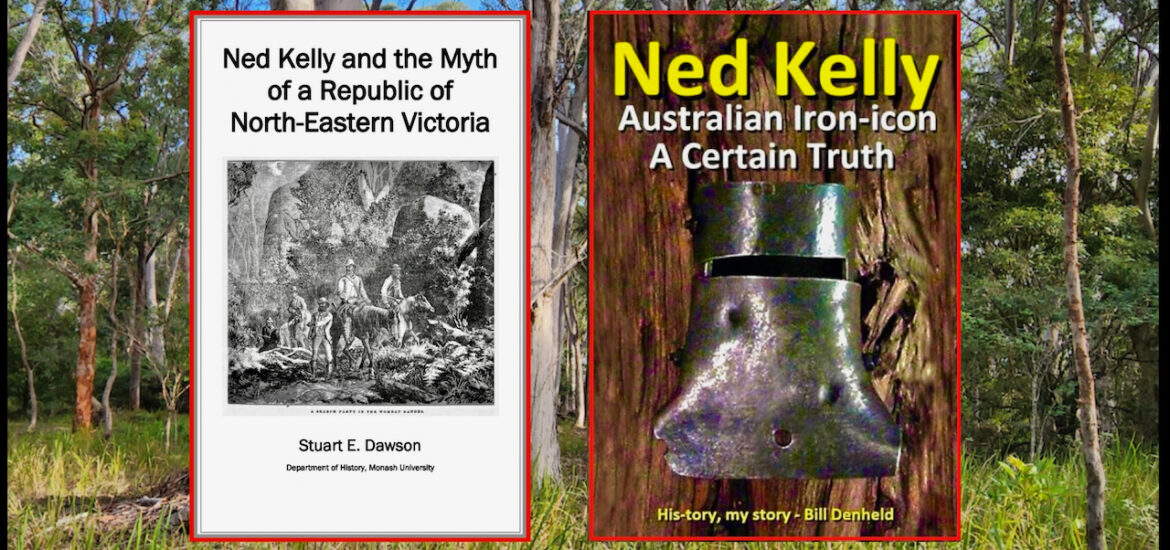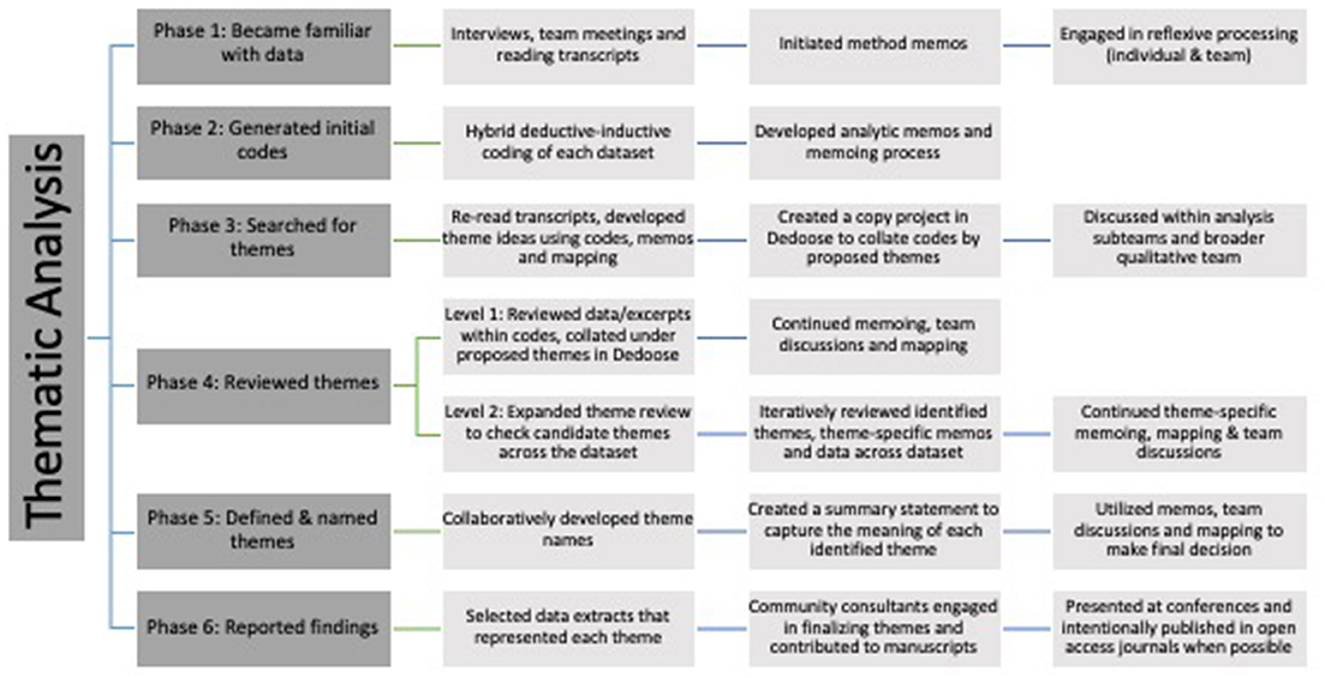Reference




OpenAI's Answer
David Dawson's critique of thematic criticism is primarily focused on the limitations and narrowness of thematic approaches. Although there isn't extensive information specifically dissecting his critique, his work generally revolves around the limitations that thematic criticism can impose on literary analysis and the understanding of texts.
Dawson argues that thematic criticism can sometimes be too reductive, focusing too narrowly on particular motifs or themes and thereby missing the broader cultural, historical, and allegorical contexts of a work. This approach, according to Dawson, may lead to an oversimplification and a lack of appreciation for the complexity and richness of the texts under consideration.
For example, in his book "Allegorical Readers and Cultural Revision in Ancient Alexandria," Dawson emphasizes the importance of understanding allegory and cultural revision in literary texts, which thematic criticism might overlook by focusing solely on individual themes rather than the deeper, more nuanced allegorical meanings (source: UC Press).
To sum up, Dawson's critique centers on the notion that thematic criticism can restrict the interpretive possibilities of literary texts by not sufficiently considering the allegorical and broader cultural dimensions these texts might contain.
For further reading, you can explore his detailed arguments in "Allegorical Readers and Cultural Revision in Ancient Alexandria" and other published works available on platforms like JSTOR and ResearchGate.
Follow Up
Related
How did critics perceive the episode Fortunate Son in terms of premise and execution?
What were the critical reception and impact of Brian Wilson's solo album?
How did critics rate Despicable Me 3 compared to the other films?
Why did Alexander Pope criticize Budgell in his works?
How was Mark Twain's essay received by the public and critics?